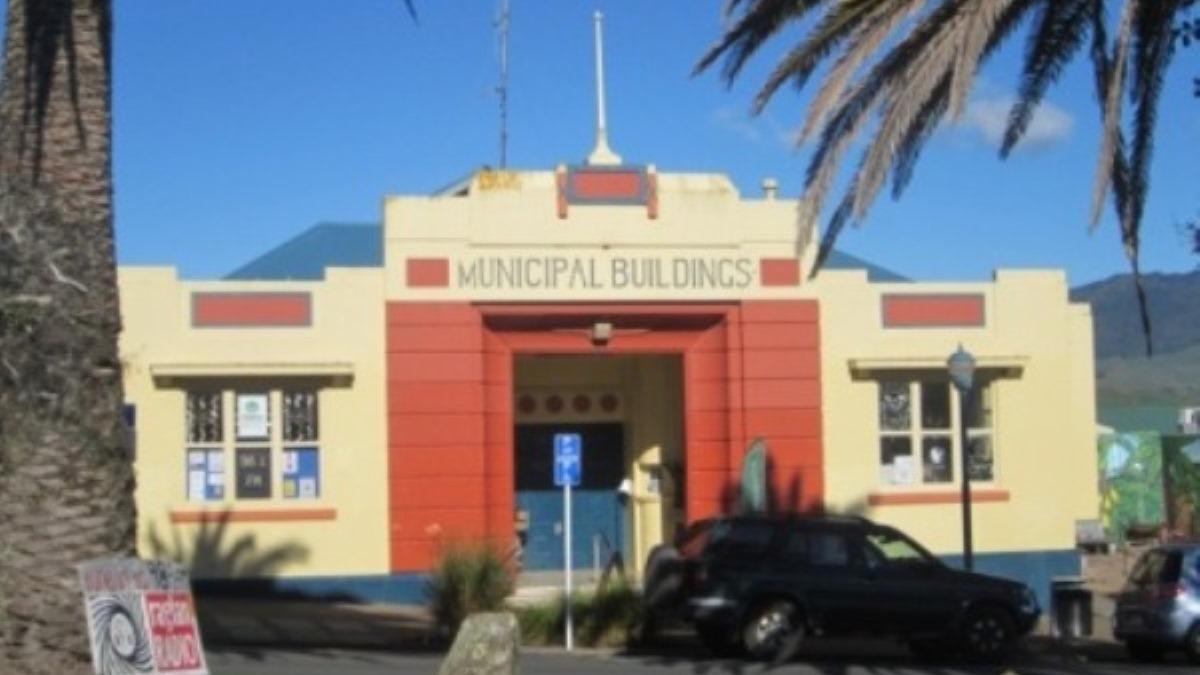The next Board meeting is Tue 1 November at 1.30pm in the Town Hall Supper Room. There is no public forum on the agenda. You could contact the Community Board members:- Chris Rayner, Dennis Amoore, Kiri Binnersley, Lisa Thomson, Ross Wallis, Satnam Bains and Tony Oosten.
This summary of the agenda prepared by John Lawson, 51 Cliff St, Raglan 07 825 7866 email johnragla@gmail.com, secretary of Whāingaroa Environmental Defence Incorporated.
Wednesday’s agenda only covers swearing in, appointing chair/deputy, setting the next meeting (Wed 14 Dec 1pm proposed) and these discretionary fund applications –
- Community Patrol – $870 for 25 years celebration
- Community Health and Fitness Gym – $5,815 for new equipment
- Community Arts Council – $1,500 for Film Festival
This council item is not on RCB’s agenda –
- new Solar array at the Raglan WWTP
- shellfish testing in the Raglan Harbour – Sampling completed, awaiting a report from T+T.
- Sewage – installing a new Magflow meter to improve data from Nero and Wallace St pumpstations before progressing option development. . . there is approximately 12ha of high-rate area, 8ha of high-rate area, and 5.5ha of a slow-rate area within the investigation boundary of the proposed Maungatawhiri Road site. . . significantly enhances the ability of a viable year-around land discharge option . . . Presenting theoretical securement scenarios to the landowner is a key task now. Advanced property discussions can then occur . . . A higher level of treatment that fully removes nutrients (i.e., Membrane Bioreactor) could lessen areas needed to secure as only hydraulic consideration of soils is required. Treatment recommendations from Project Engineers are being considered now, with advice to be presented to the WGB within a business case (includes a cost/benefit comparison). Engineering commentary is to be received regarding the ability of differing treatments to lessen Emerging Organic Contaminants (EOC) from permeate. This could be an important consideration for an overall treatment solution. . . a water quality and ecological assessment have been undertaken in August. This assessment has collected baseline environmental information and identifies specific areas (wetland extent and waterways) that require an evaluation against the National Policy for Freshwater Management as part of any discharge recommendation.
There’s also a Review into the Future for Local Government with feedback due by 28 Feb. It includes these ideas –
- “research across the field has shown that a well-facilitated group of citizens can make better decisions than a group of experts, as they are coming to the topic with an open mind”
- The citizens’ assembly on the future of water in Auckland – funded by an MBIE Smart Ideas Endeavour Grant, set up to provide citizen recommendations on additional sources of water to Watercare. Watercare appointed 40 citizens through a stratified random sampling process which involved 12,000 invites. Koi Tū undertook the sortition with the assistance of new Democracy Foundation. The assembly was held across 4 weekends in August and September and 2 online evening meetings, and was tasked with discussing options and putting forward a set of recommendations, supported by strong technical and cultural guidance.
- whether the very idea of a ‘policy’ on significance and engagement generates a sense of pre-determined and transactional engagement that can undermine the community’s sense of how relevant they are to council business
- councils to grow their online presence and invest in digital tools and technology to not just enable greater engagement but revitalise our participatory practices
- risk of digital exclusion
- chief executives to be required to promote the incorporation of tikanga in organisational systems
- enhanced civics education – youth citizens assembly
- voting age has been lowered from 18 to 16 for local elections in Austria (2007), Scotland (2015), and Wales (2021) 55% of survey respondents think voting age should be lowered
- adopt Single Transferrable Vote
- remuneration is simply not attracting a representative and sufficiently capable set of elected members in many communities
- we recommend it be extended to four years. [ie 4yrs between elections]
- retain rating as the principal mechanism for funding
- 3 examples – One council for the region supported by local or community boards, Local and regional councils with separate governance, Local councils and a combined council with shared representation
What do you think of them? What else can you see in the 261 page document? Should WED organise a meeting?

